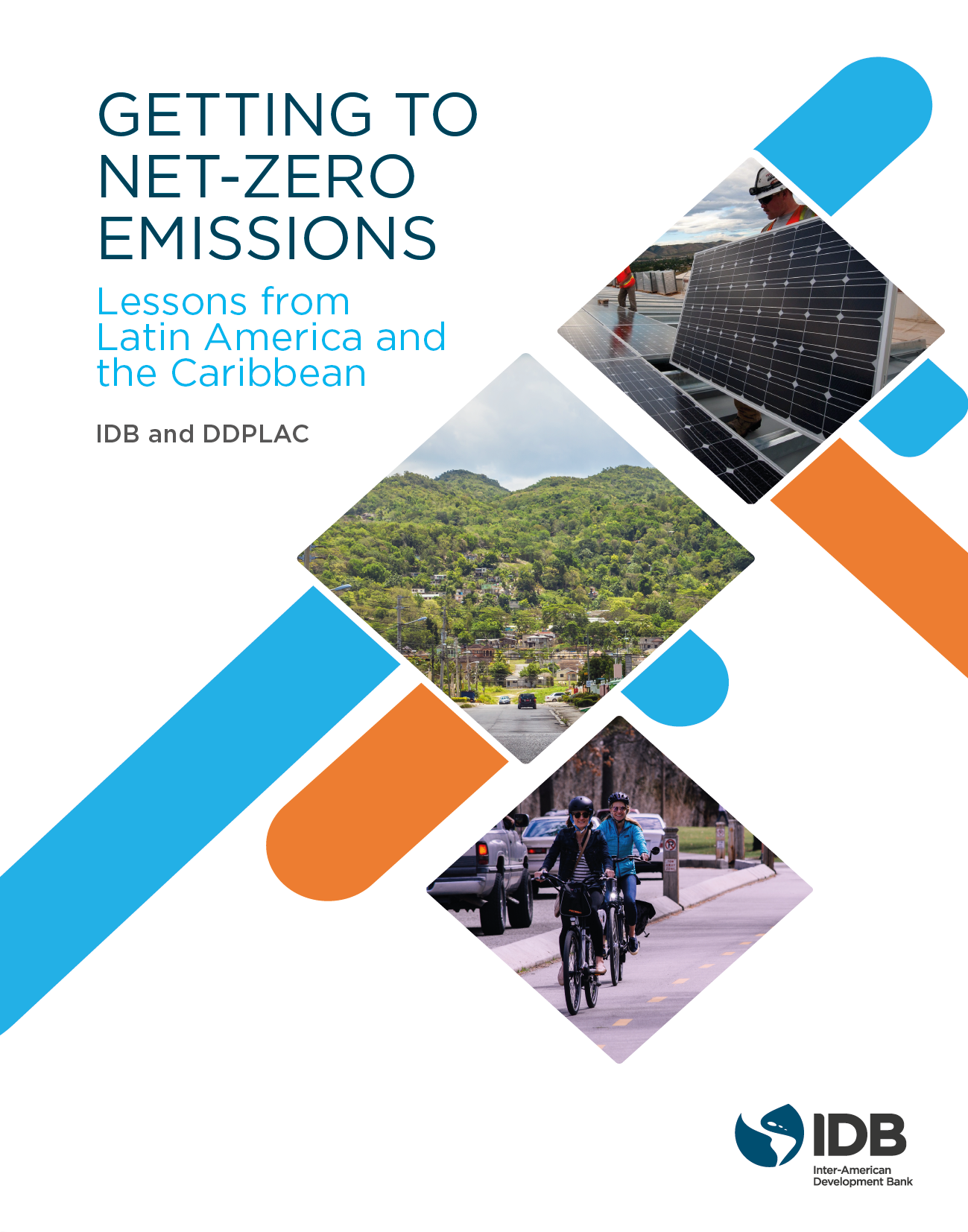In 2019, the Inter-American Development Bank Group celebrated its 60th anniversary. Over the last six decades, it has played a transformative role in Latin America and the Caribbean to promote development. As we reflect upon many of these positive advances and look ahead, what will our contribution to the region be over the next decades?
This deliberation must consider that we face simultaneous and overlapping ecological and climate emergencies. The United Nations says that as many as 1 million species are now at risk of extinction due to human activity and that transformative action is required now, and sustained through 2050, to ensure that the world limits global heating to 1.5 degrees Celsius.
As the world’s most biodiverse region and one of the most vulnerable to climate change impacts, the Region’s future hinges on our ability to fundamentally transform its development pathway. A failure to do so could roll back years of progress and make it near impossible to achieve sustainable and inclusive growth. Our responses must put citizens first to ensure that we continue to simultaneously help solve development challenges while avoiding exacerbating existing ones or inadvertently creating new problems.
While climate change presents considerable risks, countries across our region are demonstrating that efforts to confront it could help to launch new engines for sustainable development. Thinking about climate action as a development choice is paramount as thus far global efforts to arrest climate change have fallen short. To a large extent, we have been looking at the climate problem through the wrong lens by talking about the reduction of greenhouse gas emissions as a cost rather than an economic opportunity. This has resulted in incremental steps, which moves us forward some of the way, but not nearly far enough to where we need to get to.
In a bold and intellectually stimulating step, various Latin American and Caribbean countries are leading the way, with long-term decarbonization strategies that represent transformative tools to steer economic development towards a more sustainable, resilient, inclusive and competitive future.
These initiatives in the region show that climate action is not just about reducing emissions but choosing a new development path. The transition is about what jobs we want in the future, not just about how many jobs. It is about developing the green industries of the future. And it is about reducing air pollution and congestion in our cities and saving money – rather than imposing incremental costs. I am proud to say that the IDB is supporting countries with this innovative work to deliver on the objectives of the Paris Agreement and the Sustainable Development Goals.
Our new publication, Getting to Net-Zero Emissions: Lessons from Latin America and the Caribbean, chronicles the inspiring work underway by LAC governments to design and implement long-term decarbonization strategies and plans. There is no question that transforming our economies towards net-zero emissions will be tough. However, the evidence is growing that it is both technically possible and, with the right approach, can bring economic benefits to the region. Achieving net-zero emissions is essential to confront the climate crisis and implement the goals of the Paris Agreement.
As we conclude this decade and look ahead to the 2020s and beyond, I am confident that the design and careful implementation of these long-term strategies is not only necessary to achieve the Paris Agreement goals but can also harness technological advances needed to boost sustained and inclusive growth. Governments are the protagonists to facilitate this transition from today towards decarbonization by removing regulatory barriers, enabling and encouraging new business models and ensuring an inclusive transition.
The IDB will continue to support our LAC partners to implement their commitments under the Paris Agreement and achieve a more sustainable and inclusive development, which can improve the lives of all. A paradigm shift is required, and this publication shows the way forward: getting to net-zero emissions is necessary, it can positively contribute to development and it can be done.
**The article is based on the foreword written by the author in the new IDB publication Getting to Net-Zero Emissions: Lessons from Latin America and the Caribbean. The publication is available here.


Leave a Reply